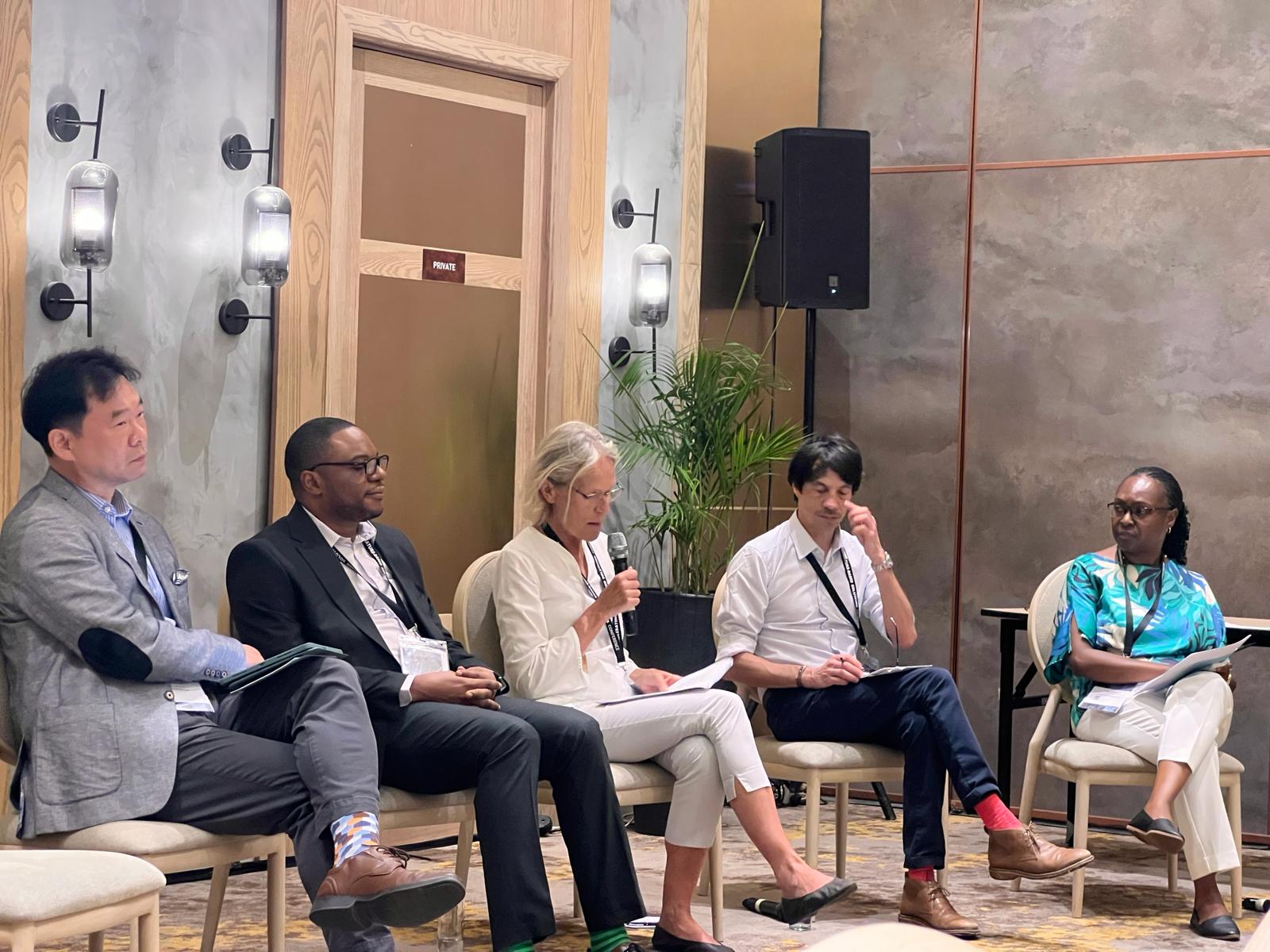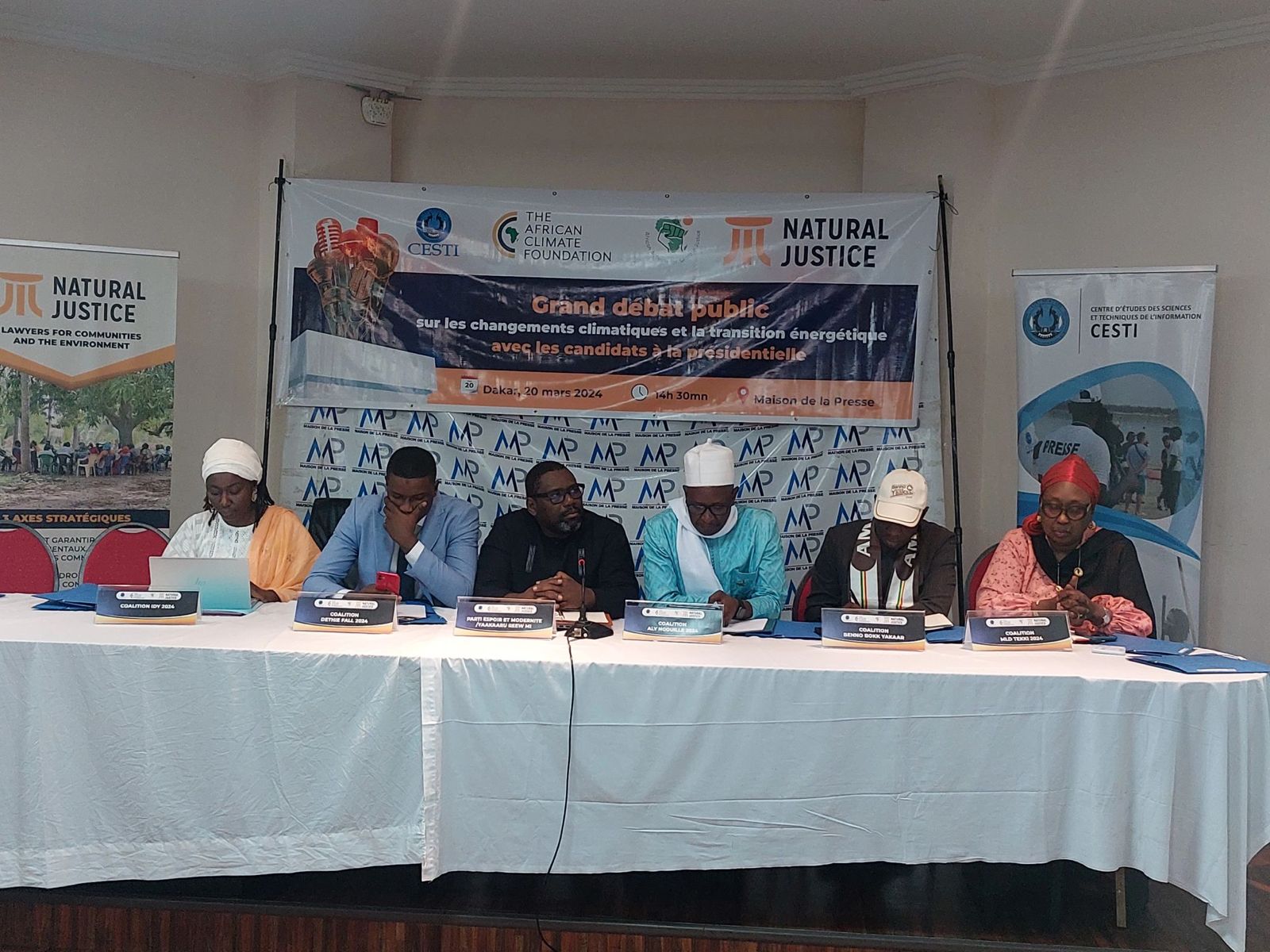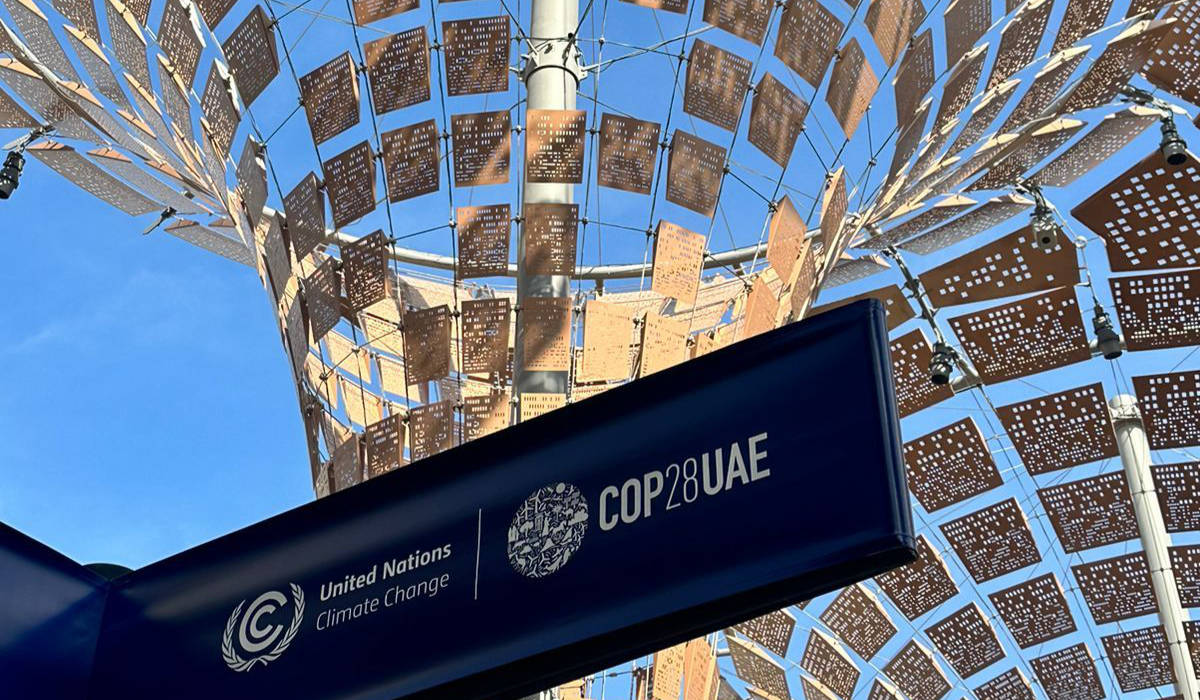The recently concluded climate talks in Egypt took place against a difficult geopolitical backdrop, but could still deliver a significant deal of loss and damage. Yet, most parties at the talks agree that COP28 in the UAE will have to do better if the world is to avert a global climate crisis.
Despite the disappointment that there was not enough progress on specific plans on how to reduce global emissions, COP27 has progress to show. For the first time, nations historically responsible through their emissions for the global climate emergency agreed to pay for loss and damages.
But the gain of a loss and damage fund was clouded by what many delegates viewed as no tangible progress on emissions reduction. The final COP27 agreement does not include an agreement to peak global emissions by 2025, nor a commitment to phase down all fossil fuels rather than just coal, a goal that many parties fought for at the climate talks.
Significant progress at COP27 was always going to be difficult, set against a complex geopolitical backdrop. The road to COP28, however, does not look any easier even if the consensus is that the world is running out of time and hard decisions will have to be made in the coming year. This includes a view on gas, which remains an elephant in the room at the talks.
North vs South
In its reflection on COP27, the European Commission wrote that in the weeks leading up to the conference, ‘the global north’ and ‘south’ were “being pitted against one other and global solidarity and multilateralism were increasingly being called into question.”
The big question in the talks as the world embarks on the road to COP28 remains how to save the world from a climate catastrophe, while doing so equitably.
This year’s deal – called the Sharm El Sheikh Implementation Plan – does provide a map of where the negotiations are heading if the key consensus outcomes of COP27 are considered. And analysts are adamant that better progress on how to reduce emissions effectively to keep warming below the 1.5° threshold is critical.
Setting up the loss and damage fund
The operationalisation of the loss and damage fund will consume a chunk of the talks in the coming months as parties prepare for next year’s climate talks. In the closing hours of the talks, parties agreed to establish a transitional committee which will decide issues, such as modalities and funding sources that will be considered at COP28.
Concerns persist that the text does not have enough detail on who will pay, how much and by when. The new fund alone will not solve the problem of loss and damage, but the fact it has been established represents a real victory for climate justice.
A battle awaits on who should pay for the fund. The European Commission wrote that was important to note.
“In 1992, a group of developed countries committed to helping developing countries grow in a greener way and adapt to the impacts of extreme weather. Thirty years on, countries then defined as developing — such as China or Saudi Arabia — have seen their economies develop and their emissions outstrip many developed countries. They too should now contribute to addressing loss and damage for the most vulnerable.”
Fossil fuel phase-out
The 1.5° goal remains a sticking point. Parties agree that warming should not exceed the goal, but after years of negotiations, there is no consensus on how to reduce emissions to achieve the goal.
The Sharm El Shiekh plan itself states that limiting global warming to 1.5° requires rapid, deep, and sustained reductions in global greenhouse gas emissions of 43% by 2030 relative to the 2019 level. Yet the plan yet again has no specific text on phasing down or phasing out fossil fuels, which many parties were pushing for in Egypt.
The gas conundrum
The war in Ukraine and the resulting gas crisis might be the elephant in the room, hampering a deal on the phasing out of fossil fuels. Rich countries dependent on Russian gas for energy, need new sources, and the development of gas in Africa to cater to their gas needs would not sit well with a total fossil fuel phaseout. Parties at the talks also noted the resistance from Arab countries on including oil and gas in a phasedown text.
Analysts point to the hypocrisy in the negotiations where developed countries talk of fossil fuel phase-out when many of them are expanding fossil fuel expansion of oil and gas. Critics point out that rich countries are asking Africa to produce gas for its use, but the emissions will be Africa’s burden to carry.



